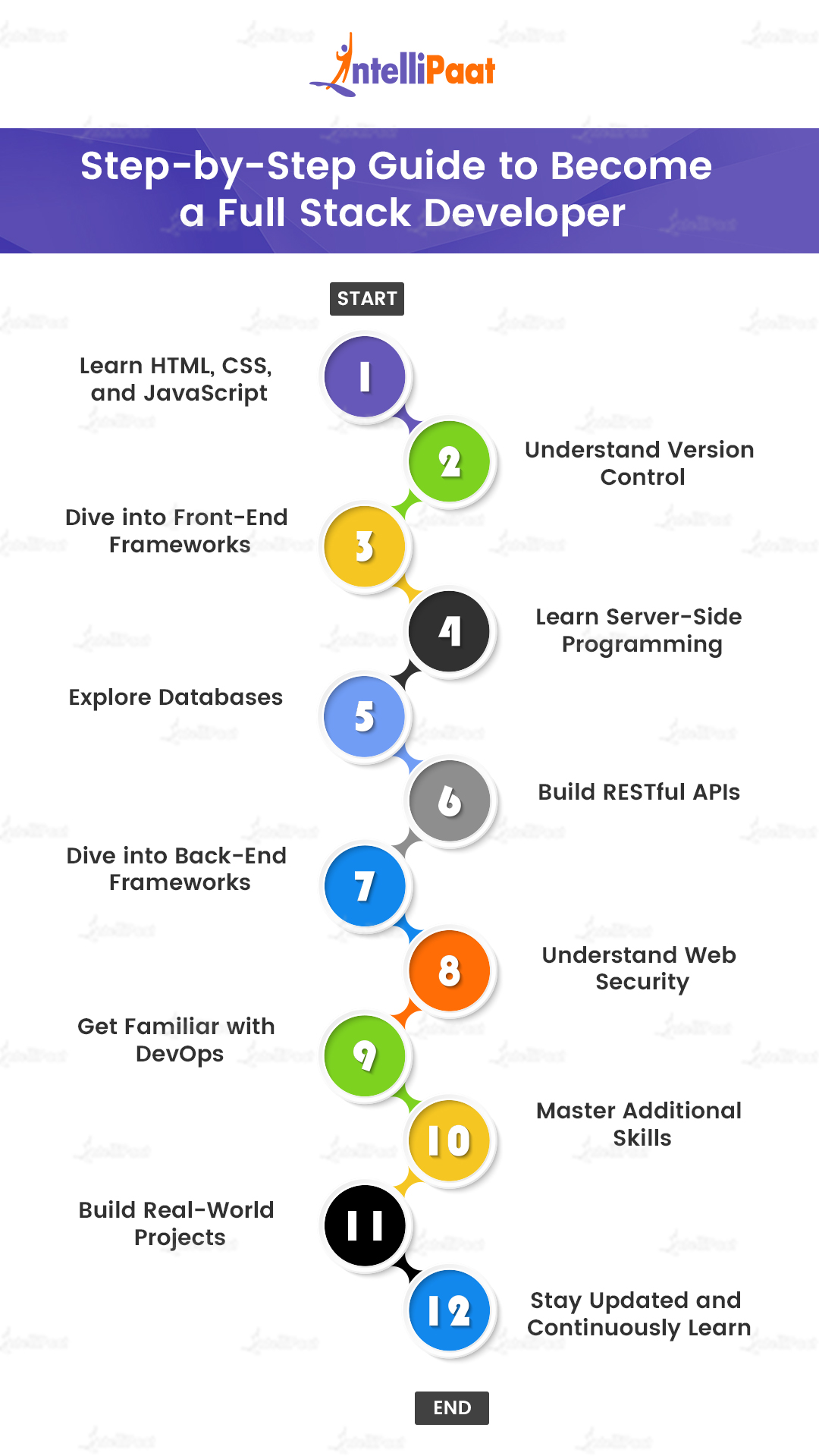News Blast: Your Daily Update
Stay informed with the latest news and trends.
Full-Stack Development: The Swiss Army Knife of Tech Careers
Unlock the secrets of full-stack development, the ultimate tech career! Discover skills that make you indispensable in today’s digital world.
Understanding the Role of a Full-Stack Developer: Skills and Tools Explained
A full-stack developer is a versatile professional who possesses a comprehensive skill set that spans both the frontend and backend of web development. These developers are responsible for the entire development process, from designing user interfaces with HTML, CSS, and JavaScript to managing server-side operations with languages like Python, Ruby, or PHP. Their ability to work across a variety of tech stacks makes them invaluable in today’s fast-paced tech environment, as they can seamlessly integrate databases, application logic, and user-facing elements. This versatility not only streamlines the development process but also enhances collaboration within teams, as they understand how various components interact.
To be effective in this role, a full-stack developer needs to be proficient in several key areas: frontend frameworks such as React or Angular, backend technologies like Node.js or Django, and database management systems such as MySQL or MongoDB. Moreover, they should be familiar with version control systems like Git, and have a solid understanding of RESTful API development. Additionally, knowledge of DevOps practices is beneficial for automating workflows and ensuring continuous integration. By mastering these tools and skills, a full-stack developer is well-equipped to tackle complex projects and contribute significantly to the digital landscape.

The Benefits of Being a Full-Stack Developer in Today’s Tech Industry
In today's rapidly evolving tech industry, being a full-stack developer comes with a multitude of benefits that can enhance both career prospects and job satisfaction. Full-stack developers possess a versatile skill set that enables them to work on both the front-end and back-end of applications. This ability makes them particularly valuable to employers, as they can seamlessly transition between different development tasks. Additionally, their comprehensive understanding of the entire development process allows for improved collaboration with other team members, fostering a more cohesive work environment.
Moreover, full-stack developers enjoy a greater degree of flexibility in their careers. Because they are equipped to handle a wide range of technologies and responsibilities, they often have access to a variety of job opportunities, from startups to large corporations. This versatility allows them to choose projects that truly excite them and align with their personal interests. As the demand for full-stack developers continues to rise, those with this skill set can expect competitive salaries and significant growth potential in their careers, solidifying their place in the tech industry's future.
Is Full-Stack Development Right for You? Key Considerations and Insights
Full-stack development is an extensive field that encompasses both front-end and back-end technologies. As you consider whether this path is right for you, it's essential to evaluate your interests and skills. Are you passionate about design and user experience, or do you prefer working with databases and server-side logic? Full-stack developers need to be proficient in a variety of programming languages, frameworks, and tools, which can be a daunting yet rewarding challenge. It's crucial to assess your willingness to invest the time and effort required to master both aspects of development.
Another significant factor to contemplate is the demand for full-stack developers in the job market. Many companies prefer hiring professionals who can navigate the entire development process, as it streamlines communication and enhances project efficiency. However, it’s important to recognize that being a full-stack developer may not be necessary for every role. Therefore, think about your career goals and whether you want to specialize or remain versatile. In summary, weigh your personal interests, time commitment, and market trends to determine if pursuing a career in full-stack development aligns with your aspirations.